Kori Rae, Producer of Monsters University, on her dreams to be a professional basketball player, MU's nontraditional themes, and her role as an animated film producer
Mary Tobin: How much of your own college experience or that of the other producers and director did you put into the film?
Kori Rae: When we first started talking about the circuitous path that Mike ends up taking to get to his goal of being part of the scare team in [Monsters University]—well the same thing happened to me. I ended up at Pixar in a really roundabout way. I had one dream—it seems crazy now, but I was going to play basketball. I was going to be either a professional player or be in the Olympics, that was my goal from childhood. It was all I did and focused on 24/7, ate drank and slept basketball. But then an injury in college changed that, and I had to kinda figure out what to do and where to go from there. My plan was to teach and coach. In many ways I am doing that, because producing is a lot like coaching, except you’re working with a much larger team. We have 250 crew members on the show. But it’s very similar, you’re getting all these people together to work on one focused vision and it’s as challenging as coaching, so it worked out in the end. And the truth is, there’s a piece on the DVD called “Paths to Pixar” and it just points out how many people at Pixar never intended to end up where they were. We have animators who were doctors or attorneys, a production designed who wanted to be a baseball player in Japan, and that kind of thing. And that’s what we feel like the theme of this movie is kindof about, it’s like when something gets in your way for that one thing that you think you’re supposed to do or who you’re supposed to be, remain open and see what’s around the corner. It’s usually in most cases it ends up being better than what you ever imagined.
Many college students are facing these questions of what to study and do with their lives now, why did you want to address those in a childrens film?
The beauty of it is that Monsters, Inc., came out when a lot of you were more that age. It just so happened timing-wise—and we didn’t even realize this until we were halfway through with making the movie—that a lot of the Monsters, Inc., audience would now be going to college or at least at that age. I think the beauty of Pixar films is that we feel that we can tell those stories that seem adult, but we can still do them in a way that appeals to kids and I think they’ll get a slightly different message but it’ll be the same thing and it might stick with them. They’ll look at friendship part of it and the conflict between Mike and Sully and understand all that and understand the humor, but we make these movies for general audiences and ourselves too. We don’t want to make them just for kids.
What is your role as the producer of an animated film?
I’m a partner with the director. We start each day by checking in and looking at what’s happening. But it’s my job to make sure that the director’s vision ends up on the screen. That means a lot of things—sometimes they know exactly what they want and sometimes they don’t and it’s up to the producer to figure out how to help them get what they need. They might be writing with a writing team and maybe it’s not working, maybe we need to pull in somebody to help with a certain part of the story, so I’ll suggest that we should get someone to come and just sit in with [the writing team] if I feel like they’re stuck. I’m looking ahead and trying to catch problems before they happen but also on a daily basis I’m just solving problems, often creative problems—and that’s always in support of the film and always in support of the director and what they need.
Monsters University is a bit dark compared to other children’s films–the message isn’t ‘you can do anything,’ it’s ‘you can’t always live your dreams.’ Why?
We wanted to tell the story of a character who doesn’t necessarily get what they want, and so in this instance [since it’s a prequel] you know that from the beginning. But it was our job to get the audience invested enough that you want to know—you know he’s not, but what does that look like when he doesn’t get what he wants? It actually added to the tension in the film…So often for most of us—and most of the people we know—it’s not that simple as going after your goal, working really hard, and getting what you want. Often, it doesn’t work out, and you have to figure out a new direction or a new path or a new way to get there. So we just thought that was really compelling and that was something that we hadn’t seen that much in films and especially family films.
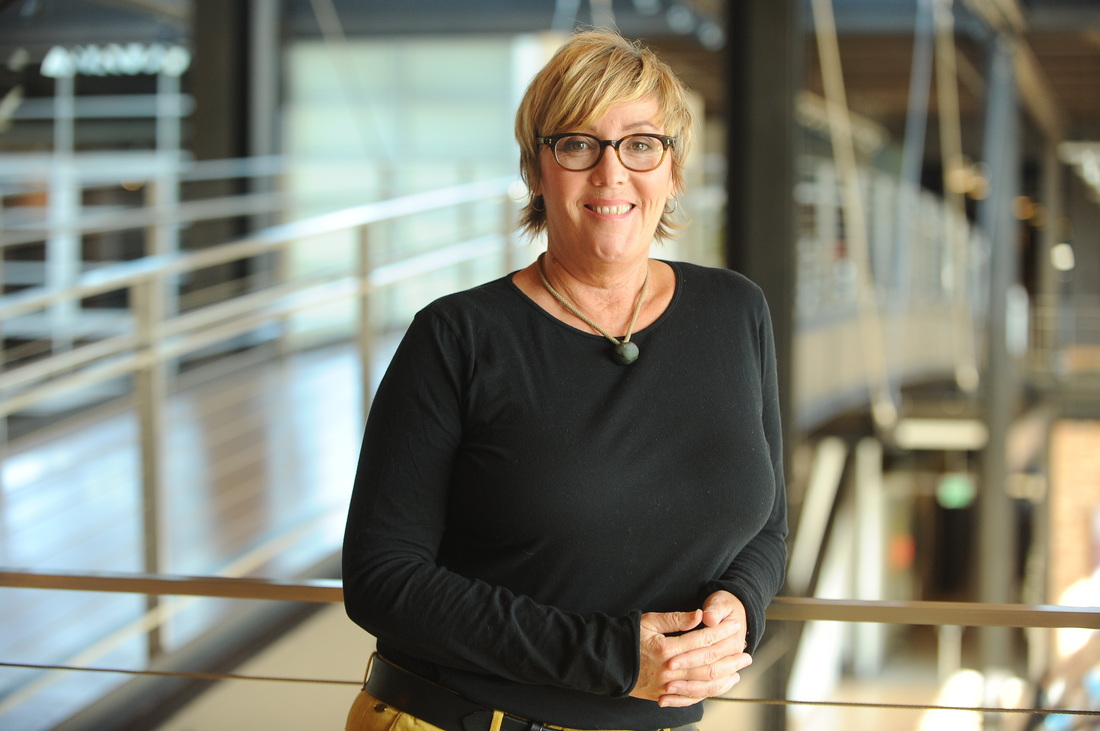
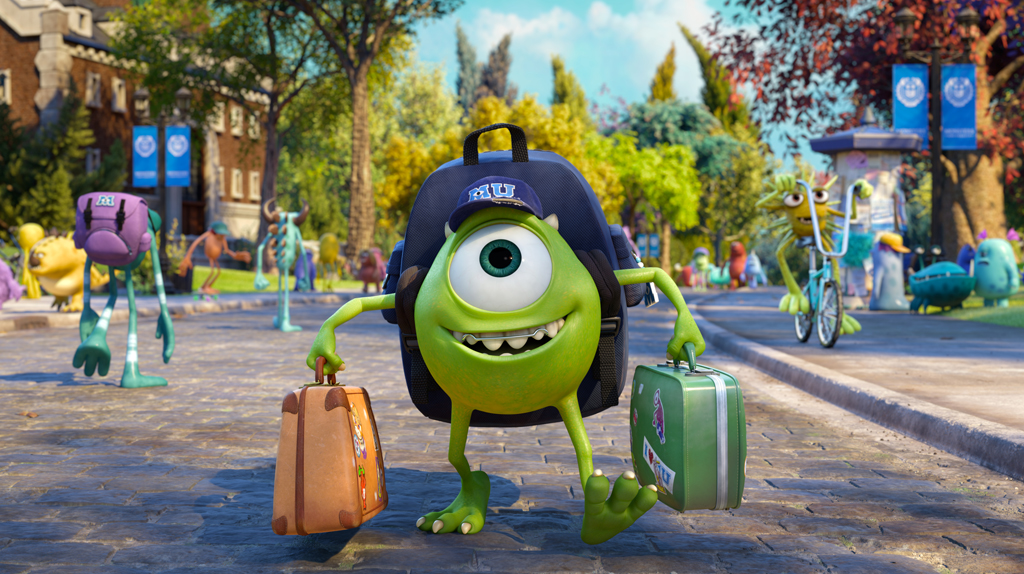
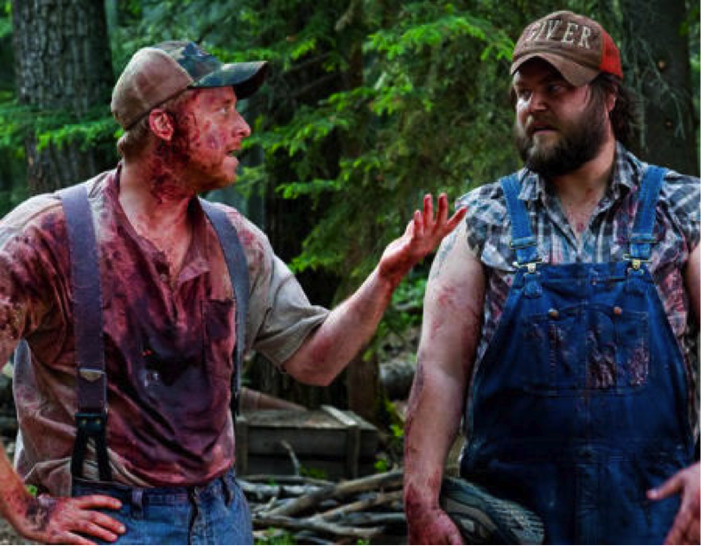
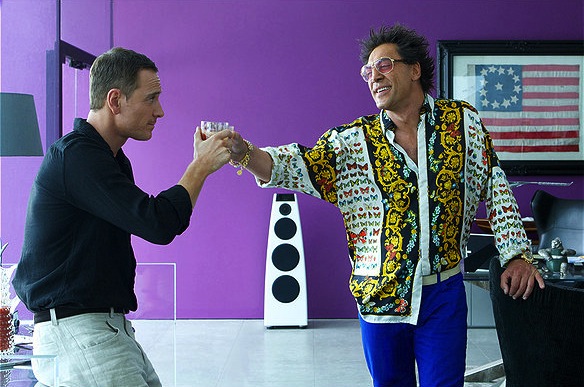
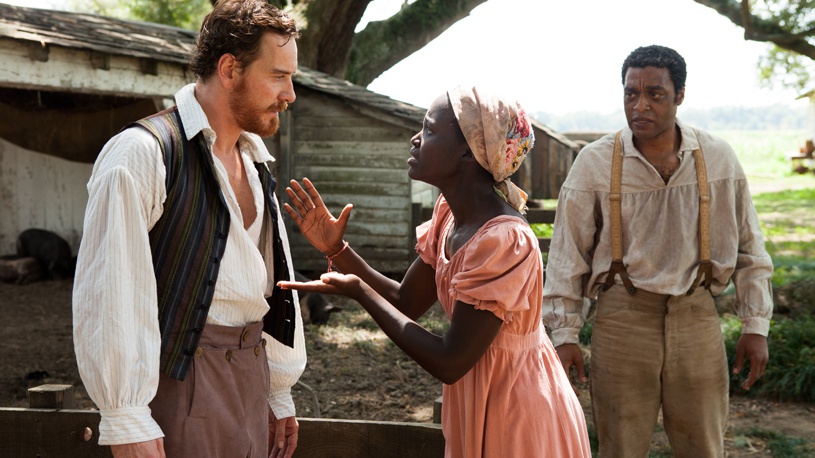

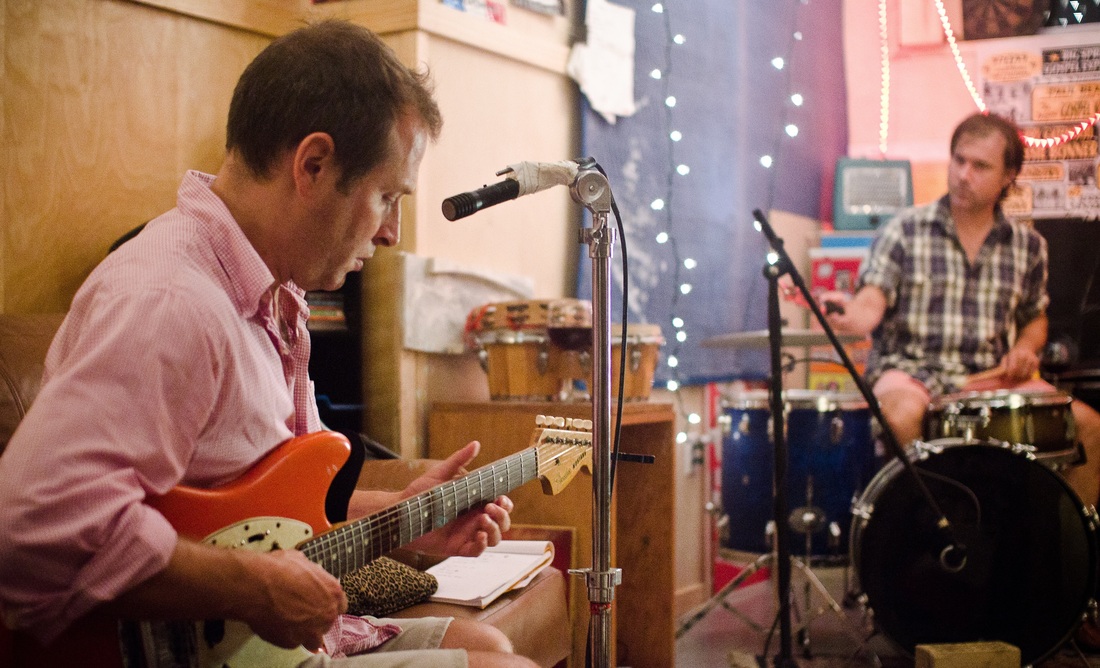
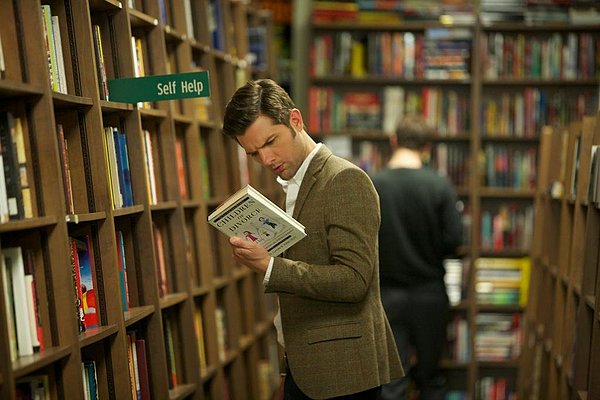

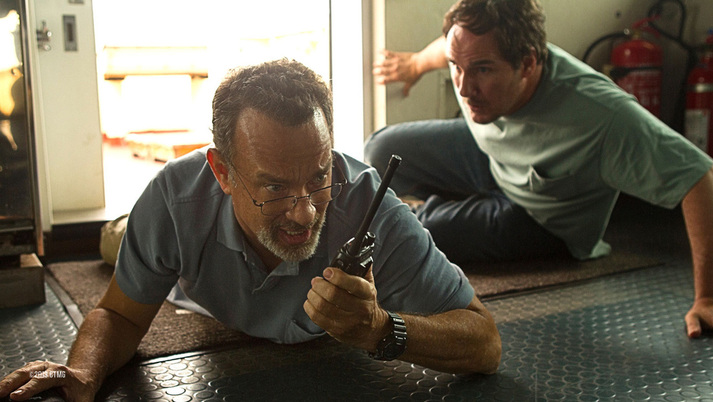
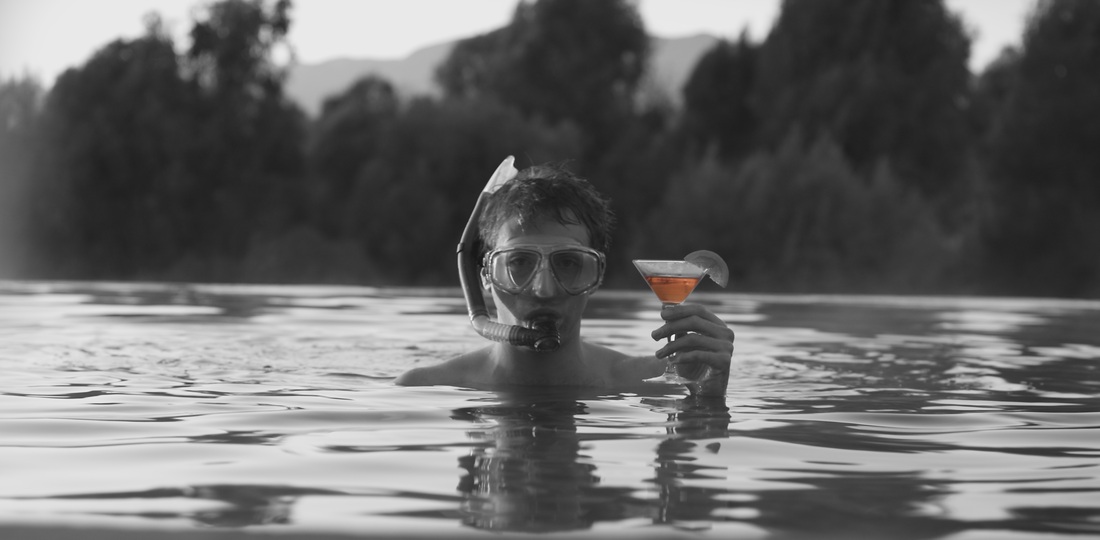
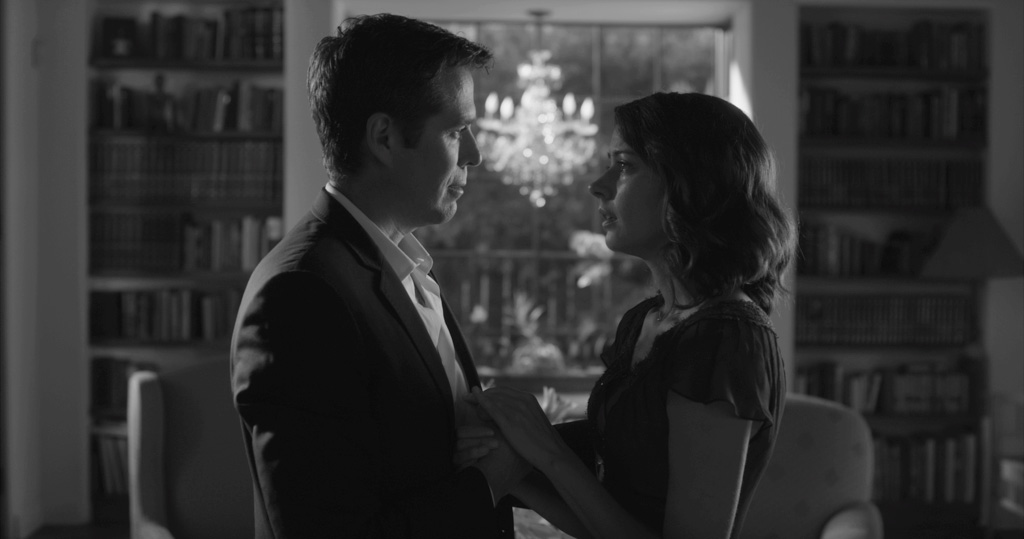
 RSS Feed
RSS Feed
